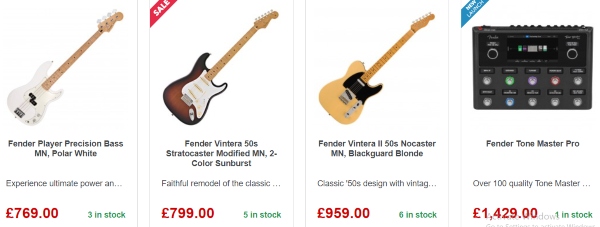Recording guitar at home can be a rewarding experience, allowing you to capture your sound in your own space. Here’s a beginner’s guide to get you started:

1. Essential Equipment
- Guitar: Acoustic or electric, based on your preference.
- Audio Interface: Connects your guitar to your computer.
- Microphone: For acoustic guitar or amp recording.
- DAW (Digital Audio Workstation): Software for recording, editing, and mixing.
- Cables: Quality instrument and XLR cables.
- Headphones/Speakers: For monitoring your recordings.
2. Setting Up Your Space
- Quiet Environment: Minimize background noise.
- Acoustic Treatment: Use foam panels or DIY solutions to reduce echo and reverb.
- Comfortable Arrangement: Ensure all equipment is easily accessible.
3. Connecting Your Gear
- Audio Interface: Connect your guitar and microphone to the interface.
- Computer: Connect the audio interface to your computer via USB or Thunderbolt.
- DAW Setup: Install and set up your DAW, ensuring it recognizes your audio interface.
4. Recording Techniques
- Direct Input (DI): For electric guitars, connect directly to the audio interface.
- Microphone Placement: For a
- coustic guitars, position the mic 6-12 inches from the 12th fret. For amps, place the mic close to the speaker cone.
- Double-Tracking: Record the same part twice and pan each take left and right for a fuller sound.
5. Optimizing Your Sound
- Gain Staging: Adjust input levels to avoid clipping.
- Effects and Plugins: Use EQ, compression, reverb, and other effects to enhance your sound.
- Experimentation: Try different mic placements and settings to find your ideal tone.
6. Editing and Mixing
- Editing: Clean up your recordings by removing noise and correcting timing issues.
- Mixing: Balance the levels of different tracks, apply panning, and use effects to create a cohesive sound.
- Mastering: Finalize your track to ensure it sounds great on all playback systems.
7. Practice and Patience
- Learning Curve: Recording and mixing can be complex, so be patient and practice regularly.
- Resources: Utilize online tutorials, forums, and books to improve your skills.
Conclusion
Recording guitar at home is a journey of discovery and creativity. With the right equipment, techniques, and dedication, you can achieve professional-sounding recordings in the comfort of your own home. Keep experimenting, learning, and most importantly, have fun!





